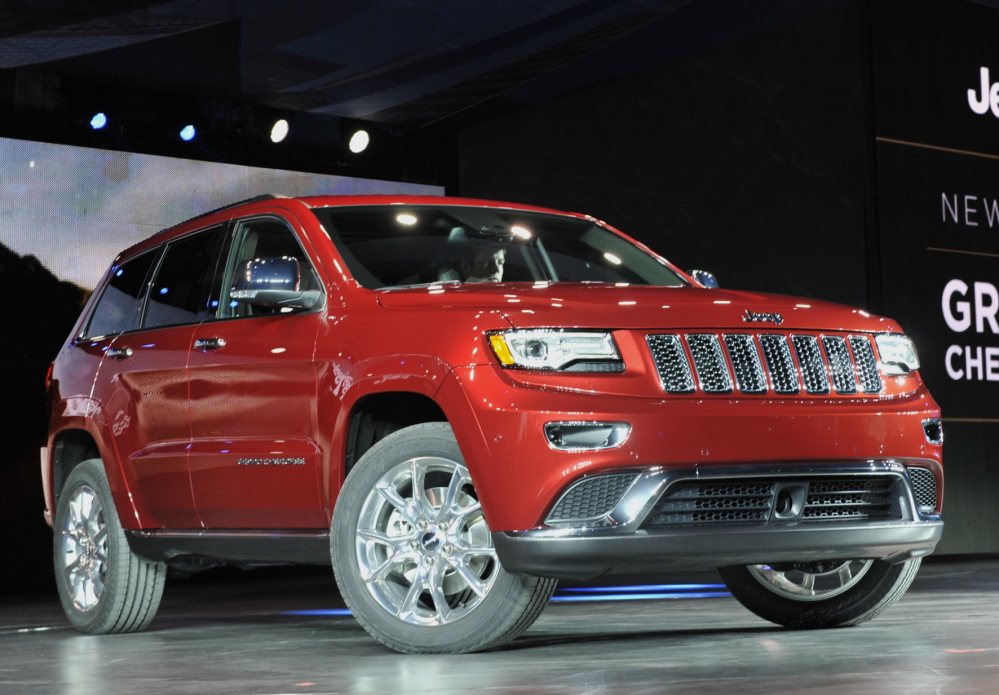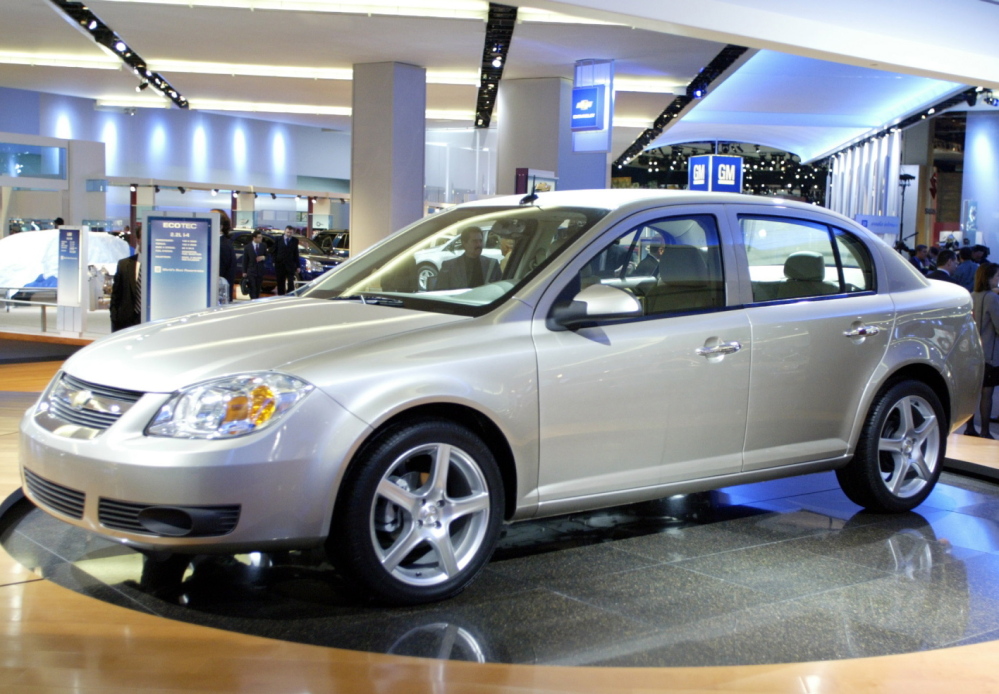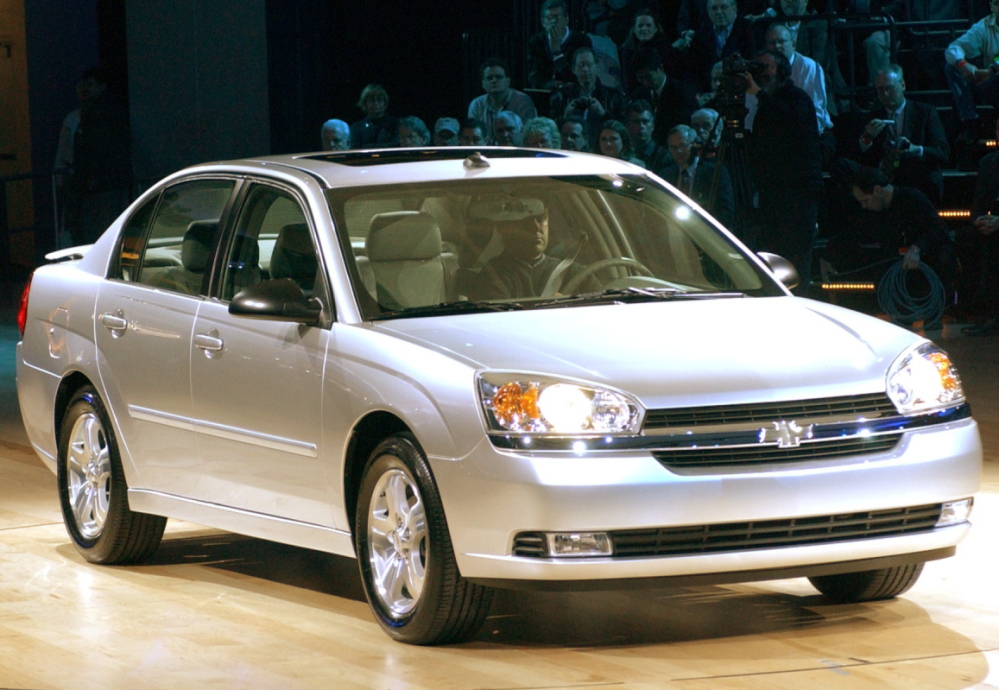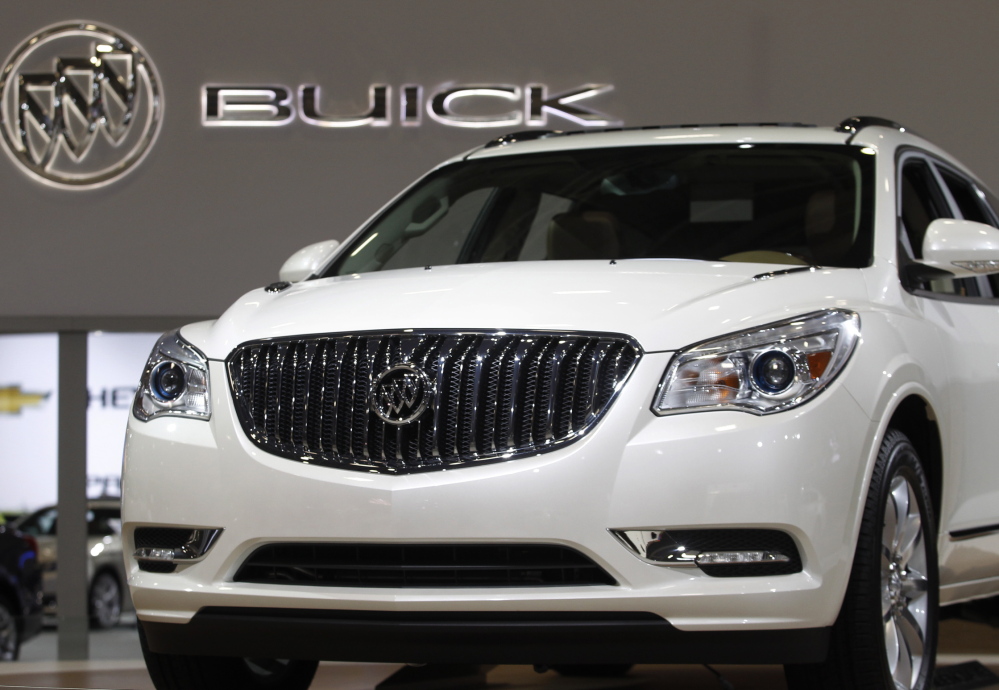Up to a third of automobiles recalled for safety defects are never repaired, and last year 3.5 million recalled cars and light trucks were offered for sale online to unsuspecting buyers, according to figures compiled by Carfax.
Christopher Basso, spokesman for Carfax, a Web-based service that compiles history reports for used-car buyers, said there are an “alarming number that never get fixed and are sold without anyone knowing a recall exists.”
Basso’s warning echoes the findings of a June 2011 Government Accountability Office report on federal auto regulators that found “several challenges (that) may affect recall completion rates, and thus, the number of defective vehicles that are removed from the road.”
The GAO examined the recall process after 2010 saw more vehicle recalls than in any previous year, in part due to Toyota’s recall of vehicles plagued a problem with sudden acceleration. The agency concluded that “many recalled vehicles are never fixed, posing a risk to vehicle operators, other drivers and pedestrians.”
The figures are garnering renewed attention as General Motors falls under sharp criticism for failing to issue recalls for a faulty ignition switch on the Chevrolet Cobalt and other small models. Lawmakers have pressed the National Highway Traffic Safety Administration about steps it could have taken to identify the flaw earlier and order a recall.
On Thursday, worried about its dented image, GM announced that it was hiring crisis-communications expert Jeff Eller, who worked for the Clinton White House before joining the consulting firm Public Strategies.
GM has recalled about 2.6 million vehicles because of the faulty ignition switch, which has been blamed for the deaths of at least 13 people. The faulty switch turned off the cars’ air bags, power steering and power brakes while the vehicles were in motion, often at high speeds.
GM also has issued recent recalls due to power-steering problems (1.3 million vehicles, including Saturn Ions and Chevy Malibus); and faulty air bags (1.2 million vehicles, including the GMC Acadia and Buick Enclave). Chrysler also issued a recall last week. It affects certain 2011-14 Jeep Grand Cherokee and Dodge Durangos with brake defects.
But for GM, a shortage of new ignition switches has slowed repairs. The company has said dealers should begin receiving new parts to replace the defective switches in the coming days. In the meantime, company officials have counseled owners of the recalled vehicles to remove all but the ignition key from their key rings, which they say would make the vehicles perfectly safe to drive. Alternatively, owners can obtain loaners or rentals at GM’s expense.
Members of Congress and the victims’ families are skeptical of the company’s assurances.
During a hearing this week, Sen. Richard Blumenthal, D-Conn., pointedly asked GM chief executive Mary Barra: “Is that Cobalt car, as driven now, safe for your (children) to drive? Would you allow them behind the wheel?”
Earlier, nearly two dozen survivors of crash victims asked Barra to order the recalled cars off the road until they can be repaired. Barra demurred, saying the cars are safe.
The limited effectiveness of recalls, however, suggests that GM’s years-long delay in fixing the ignition switch at the manufacturing stage could put buyers of used cars in danger.
NHTSA lists recalls on its website, but it does little to contact owners directly or to help people link problems on one part of the website with related problems or accidents on another part.
In 2011, the GAO blamed the NHTSA as well as carmakers. “NHTSA has not consistently used the data it collects to identify which factors make some recalls more successful than others,” the GAO said, adding that the NHTSA had failed to provide adequate databases for vehicle identification numbers.
The GAO said car owners are most likely to respond to recalls if they are notified by mail, in a letter that includes a vehicle identification number and the word “urgent.”
For those who buy used cars, the problem is particularly acute, the GAO said.
“NHTSA does not have authority to notify potential used car buyers of a defect” or to order manufacturers to notify used car dealerships that in 2009 sold 11 million cars, the agency said. “As a result, many consumers may be unknowingly putting their lives at risk by purchasing a defective vehicle.”
Basso of Carfax said: “The problem is that few people are looking for recalls – or being told if the car they’re buying has one.”
Send questions/comments to the editors.






Success. Please wait for the page to reload. If the page does not reload within 5 seconds, please refresh the page.
Enter your email and password to access comments.
Hi, to comment on stories you must . This profile is in addition to your subscription and website login.
Already have a commenting profile? .
Invalid username/password.
Please check your email to confirm and complete your registration.
Only subscribers are eligible to post comments. Please subscribe or login first for digital access. Here’s why.
Use the form below to reset your password. When you've submitted your account email, we will send an email with a reset code.